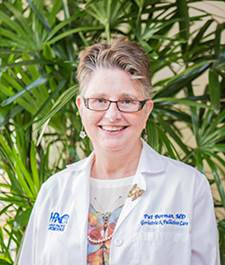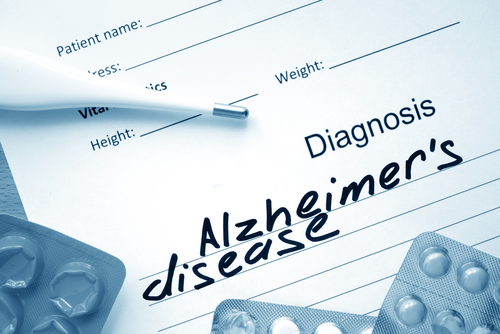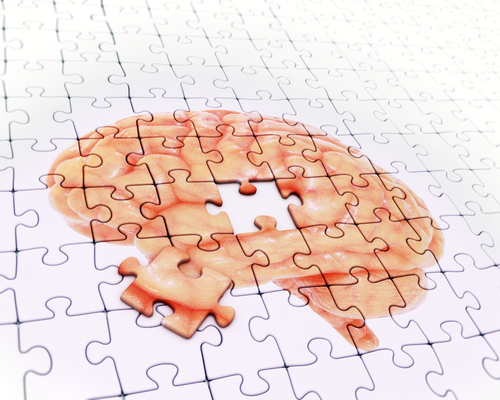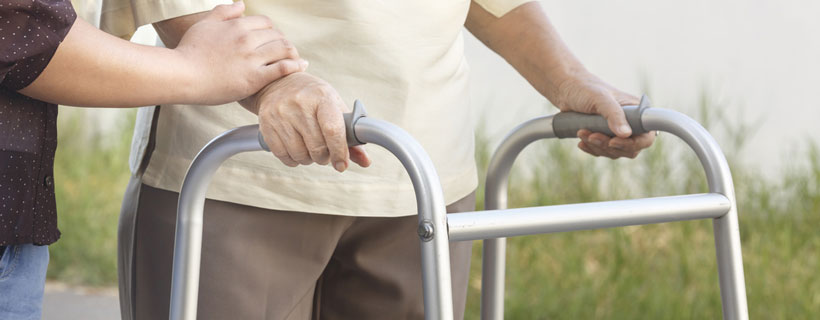Chances are you know someone who has Alzheimer’s disease or some other form of dementia. And it’s likely you’ll one day care for a family member or other loved one with dementia if you haven’t already.
The Alzheimer’s Association, Aloha Chapter, will hold a free Caregiver Symposium this Saturday from 7:30 a.m. to 2:30 p.m. at the Filipino Community Center (FILCOM) in Waipahu, to talk about:
- Top 10 things caregivers should know about dementia.
- New perspectives on brain health and dementia research.
- Managing family dynamics.
- Legal and financial planning for families dealing with dementia, and more.

Pat Borman, M.D., director of Geriatrics and Palliative Care at Hawaii Pacific Neuroscience Center, will give the keynote speech. Here are some things Dr. Borman says people should know about when caring for someone with dementia:
Seeking a correct diagnosis
People often assume someone has Alzheimer’s disease just because the person is forgetful. But the forgetfulness could be from a reversible cause, such as vitamin deficiency, seizure, or thyroid disease. Patients and families should be good advocates for their health or the health of their loved ones by seeing a specialist to get the correct diagnosis and treatment.

Caring for the caregiver
As the disease progresses, they become like children who need 24/7 supervision. And it’s very difficult for caregivers to have a normal life while caring for a loved one. Caregivers also need to care for themselves. Being a caregiver can impair their own health and prevent them from going to their own doctor. It can have mental health and financial consequences. The person with dementia depends on that caregiver. Their well-being is intertwined.
Reaching out for help
Asking for help is probably the hardest step for families. It’s rare when no other person in the family can help. Caregivers are often chosen by default and it’s hard for them to reach out. Family members can often be drawn in. People in a faith community – a church – are often happy to help, but they don’t know what to offer. They need to be invited and given direction.

Finding a cure
There are medications that can slow the process of brain changes, but there's no cure at this point or medicines that can give you back memory and thinking skills that you’ve lost. More national research dollars go to fight cancer, yet dementia affects more people and is more costly than any other disease. That mismatch needs to be addressed and more needs to be devoted to Alzheimer’s research, similar to how far cancer treatment has come.

Prevention
A healthy diet can help fight lots of diseases. Eat a plant-based diet rich in antioxidants and vitamin B. Also, get a lot of exercise to get good blood flow to the brain.
Finding compassion
We can make the care more compassionate and make loved ones more comfortable. That involves educating caregivers and family members. This is a disease that’s not willful. The person is not trying to have an annoying, irritating, or difficult personality. It’s the disease that’s speaking. Education helps families understand the changes and find successful approaches to behavioral changes.
Seeking solutions
There’s a tendency to correct loved ones when they don’t remember something. And that’s not effective. It makes them feel belittled. You don’t always have to correct them. We know they have an illness that prevents them from remembering. Bringing them to our reality or correcting them isn’t needed. There’s a concept called Join the Journey, which meets the person where they are. If they’re talking about their dead parents as if they’re alive, don’t say your parents are dead. That’s sort of a show stopper. Just meet them where they are. Be in their brain where they’re enjoying remembering on their own.

Caregiver Symposium
April 23, 2016 (Saturday)
7:30 a.m. - 2:30 p.m.
Filipino Community Center (FILCOM)
Contact Alzheimer’s Association, Aloha Chapter, at 591-2771 ext. 8238
Resources:
Alzheimer’s Association, Hawaii Chapter: 1 (800) 272-3900
Aging and Disability Resource Center: 1 (800) 768-7700
Executive Office of Aging: (808) 586-0100
What are your suggestions when caring for someone with dementia?

.jpg)


